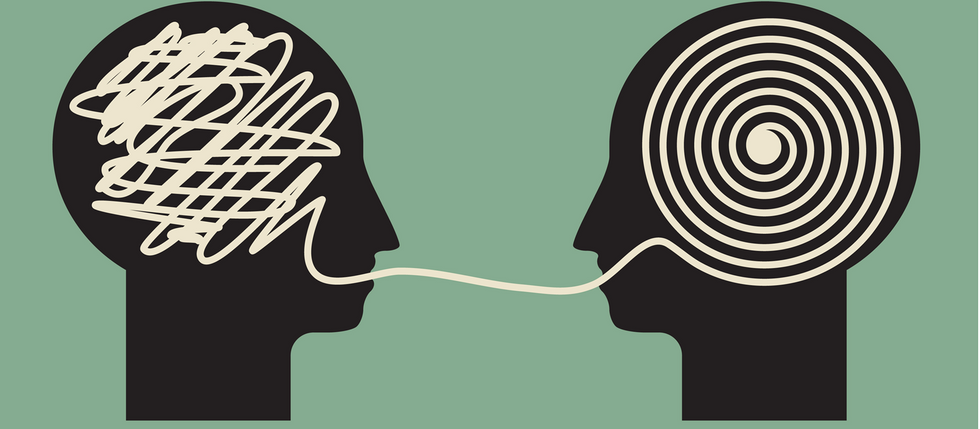Language affects us earlier than we are of.
What is the first thing you do when you see a baby? Most people would slow down their speech, increase their pitch, widen your eyes, saying things like "YOU'RE SO CUTE ARENT YOU, YEAH YOU ARE"; this is called motherese, and everyone does it. On the other hand, Babies have been shown to be able to recognize all sounds of every language. Furthermore, those babies through babbling can practice the language of their parents. In other words, when babies babble, they are trying to learn the sounds of that the parents are making. Consequently, if a bilingual baby spends time with one language over the other, the babbling will resemble that of the more abundant language. Meaning, both fathers and mothers are evolutionarly wired to teach babies our language and the babies are primed to learn it.
Language can be lost.
What if you woke up tomorrow and realize that you couldn't understand anything being said or written, and on top of that no-one is able to understand you. Unfortunately, this nightmare is a reality for people with Wernicke's aphasia. Aphasia usually is a result of a stroke or extreme trauma to the head. In this disorder, people do not understand anything said, and their speech make no sense. Another interesting is aphasia is trans-cortical motor aphasia. In this disorder, people cannot speak but they can repeat. And even more interesting they do something called echolalia where they uncontrollably repeat whatever someone said to them.
https://www.youtube.com/watch?v=3oef68YabD0
Language allows us to communicate
Have you ever thought of a concept but wished you had a word for it? If I say what does that smell that happens right after it rains? Or that feeling after having eaten too much of one thing and no longer like it? Turns out, there are words for these concepts. And some scientist argues that the knowing these words provide us with new way to perceive the world. Let's say there were no word in English for specific numbers like 3 or 4, how difficult would it be to teach and learn math.
Language is alive
Language changes every day. Although there's an underlying ideology of "correct language", language evolves every time we get a new technology. Moreover, we tend to forget that whether we say, "I'm not" or "I aint", it's still a very complicated process to produce these utterances. It takes multiple brain areas to even decide what someone is going to say. This aspect of language is important because language must change to encompasses the advances in our society. As we progress, we are changing our language on gender, race, ethnicity, politics. Language is the ultimate timekeeper of human progress, as we learn about our universe, our language evolves to embody those beautiful intricacies.
Poverty of the stimulus
Every day we create sentences that we have never heard before. This separates from animals. Many scientists have tried to find whether animals can produce utterances that they've never heard before. It's found that animals can learn words and repeat them; however, at its core, they are simply regurgitating an incoming stimulus. Dogs are believed to have the vocabulary ability of a two-year-old, they can recognize 200-300 words. However, they cannot use this vocabulary to mix and match those words like human babies do. This is called syntax.
Talking bird: https://www.youtube.com/watch?v=aYR3yPM6Ykc


 Photo by
Photo by  Photo by
Photo by  Photo by
Photo by 



















